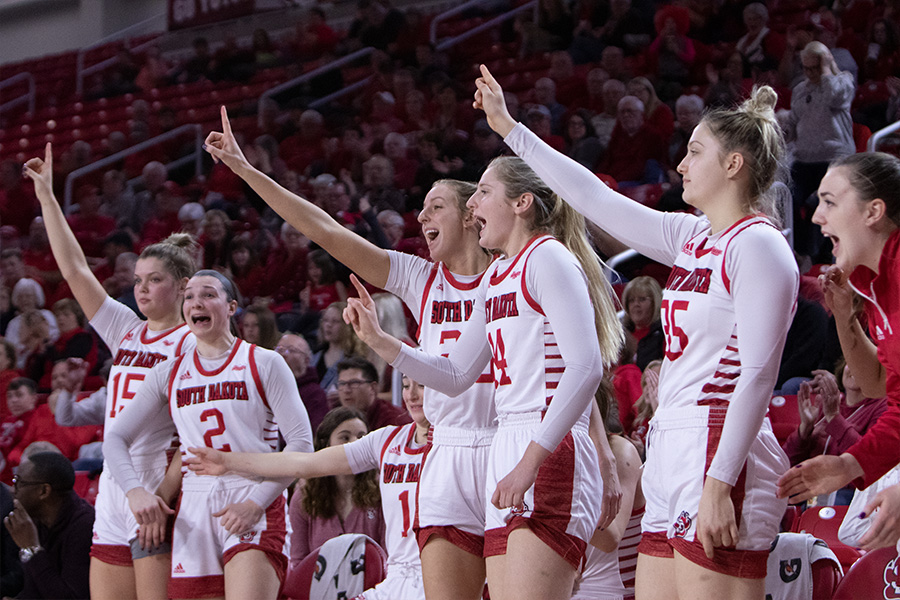With New Bump, Minnesota Ushers In Region’s Top Minimum Wage
ST. PAUL, Minn. (AP) — Minnesota will vault past Illinois, Michigan and South Dakota this week to gain the highest minimum wage in the Midwestern region at $9 an hour, which also will rank among the most-generous state wage floors in the country.
The dollar-per-hour bump taking effect Saturday for some 288,000 of Minnesota’s lowest-paid workers is the second of a three-stage increase adopted in 2014, when the state had one of the lowest minimum wages in the region. Next August, the wage will rise again to $9.50 and it will go up automatically with inflation in following years.
For now, this step gives Minnesota the highest minimum wage of any state away from the east or west coasts. The next closest in the region are South Dakota’s $8.50, Illinois’ $8.25 and Michigan’s $8.15.
Minnesota Gov. Mark Dayton, a Democrat who signed the new wage law last year, said Monday the higher wage is about “allowing people to earn a better living through their work. We’re not talking about handouts here. We’re talking about rewarding people who work with a better income, which makes them better citizens.”
Someone working full time at the minimum wage could earn $2,000 more per year, but Dayton said their overall income would still leave them too close to the federal poverty line.
“People aren’t flying out to New York to spend this money. They’re spending it in their local economy,” Dayton said in an interview with The Associated Press. “That’s what drives our economy forward. It’s not trickle-down economics. It’s consumer spending.”
Dan McElroy, who leads the restaurant and lodging trade group Hospitality Minnesota, said consecutive years with steep minimum wage increases has forced businesses to adjust with big spikes to labor costs. Minnesota’s minimum wage before the 2014 law had been $6.15 per hour, although most employers with those workers had to comply with a $7.25 federal minimum.
To compensate, McElroy said some restaurants have introduced technology that allows servers to handle more tables or customers order at tables through tablets. Others have shortened service hours, he said. One border-town cafe owner gained widespread attention for tacking a 35-cent minimum wage fee onto customer tabs.
“It has had challenges, and they’re frustrating but they’re not dire,” McElroy said. “We will know more when we see how many fewer jobs we have per establishment. But those things take time to happen.”
Small Minnesota employers — those with annual gross revenue below $500,000 — still will be permitted to pay workers less, with their minimum wage matching the federal minimum. Businesses can also pay trainees at the lower rate for 90 days, and teens can be paid less, too.
Washington and Oregon currently have the nation’s highest minimum wages at $9.47 and $9.25 per hour, with five others at or just above $9. The wages in California and Massachusetts will rise to $10 per hour in January.
Minnesota’s latest increase leaves a wider gap between its wage floor and that of neighboring Wisconsin, a peer state in many regards.
Wisconsin state Sen. Jennifer Shilling, a Democrat whose district is just across the Mississippi River from Minnesota, bemoaned the lack of interest from Gov. Scott Walker and Republicans in Madison to raise that state’s $7.25 per hour minimum wage.
“While states like Minnesota are raising family wages and growing their middle class, Republicans in Wisconsin have taken our state in the opposite direction,” Shilling said in an email. “Despite the national economic recovery, working families in Wisconsin continue to struggle as a result of declining wages, a shrinking middle class and massive cuts to schools and local communities.”
When Walker announced his presidential campaign two weeks ago, he ridiculed Democrats pushing for minimum-wage increases.
“The left claims they’re for American workers, and they’ve got lame ideas, things like minimum wage,” Walker told Fox News in an interview. “We need to talk about how we get people skills and qualifications they need to get jobs that go beyond minimum wage.”
___
Associated Press writer Scott Bauer contributed from Madison, Wisconsin.


